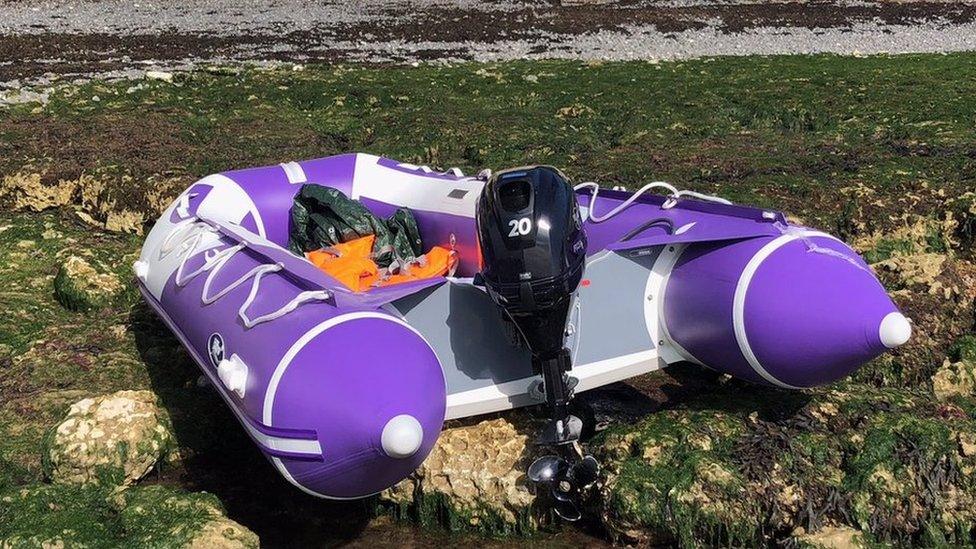Channel migrants: Kayak and small boats transport 30 people
- Published
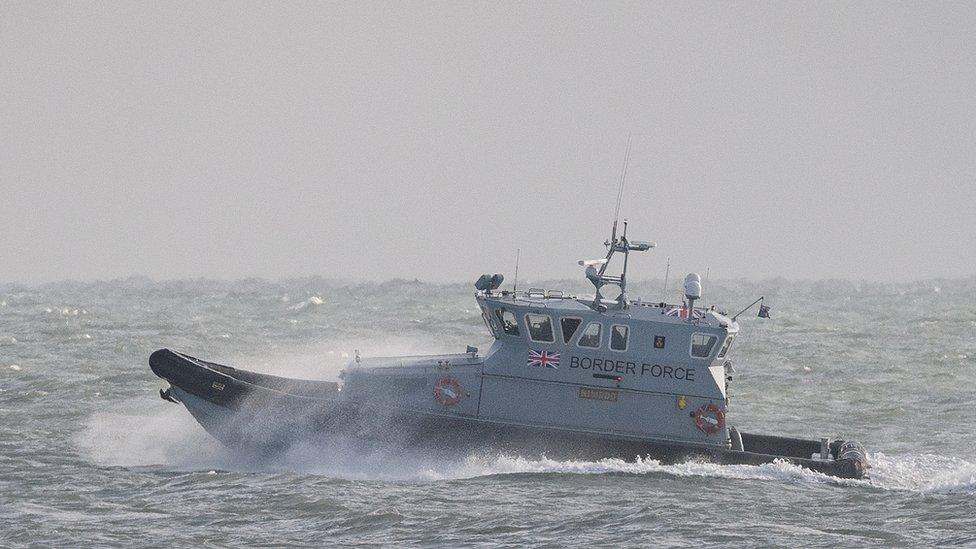
A Border Force cutter and a coastal patrol vessel were deployed
Thirty migrants have been intercepted crossing the Channel in four small boats, including a kayak.
Border Force officials were alerted to the first incident at about 04:00 BST, with the last three hours later.
The vessels were picked up by a Border Force cutter and a coastal patrol vessel, and brought to Dover.
The Home Office said the group was made up of 27 men, one woman and two children. Two of those rescued were found in a kayak.
The migrants, who presented themselves as Iranian and Afghan nationals, were medically assessed before being transferred to immigration officials.
Hypothermia
Earlier, French authorities intercepted 11 migrants, some of whom were in the water, following a distress call.
Rescue tugs sent to the scene, south-west of Boulogne, found several people on the hull of a boat. Some of the group were in a state of hypothermia.
At least 1,044 people, including about 90 children, have crossed the Channel in small boats since 3 November 2018, according to BBC research.
The arrival of two migrants by kayak marks a departure from the usual methods, with the vast majority of those who have crossed the Channel using rigid-hulled inflatable boats with outboard motors.
Last month, a man wearing flippers attempted to swim across the Channel before he was picked up by French authorities and returned to Calais.
A Home Office spokesman said: "Anyone crossing the Channel in a small boat is taking a huge risk with their life and the lives of their children.
"Since December, two cutters have returned to UK waters from overseas operations, we have agreed a joint action plan with France and increased activity out of the Joint Coordination and Information Centre in Calais."
He added that "since January more than 60 people who arrived illegally in the UK in small boats have been returned to Europe".
A note on terminology: The BBC uses the term migrant to refer to all people on the move who have yet to complete the legal process of claiming asylum. This group includes people fleeing war-torn countries, who are likely to be granted refugee status, as well as people who are seeking jobs and better lives, who governments are likely to rule are economic migrants.

Follow BBC South East on Facebook, external, on Twitter, external, and on Instagram, external
- Published4 August 2019
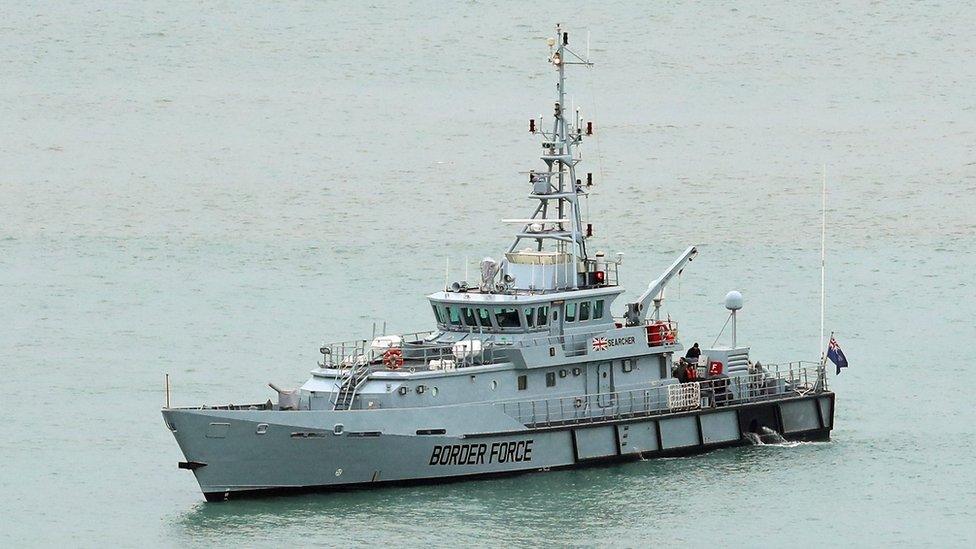
- Published24 July 2019
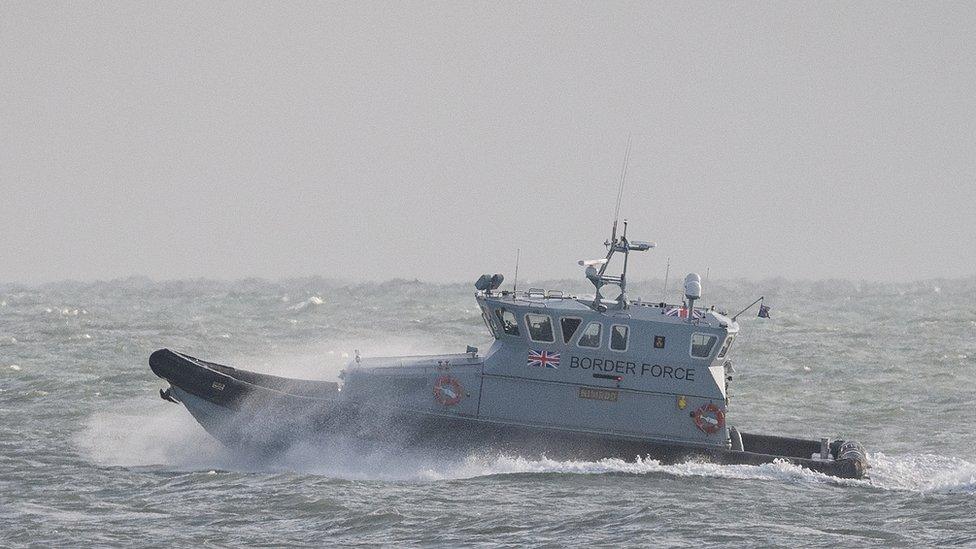
- Published16 July 2019
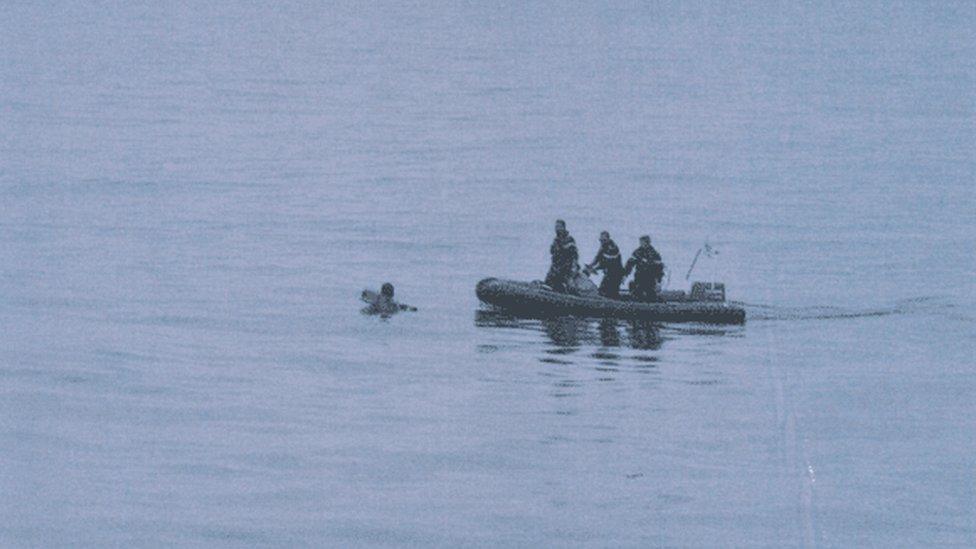
- Published12 July 2019
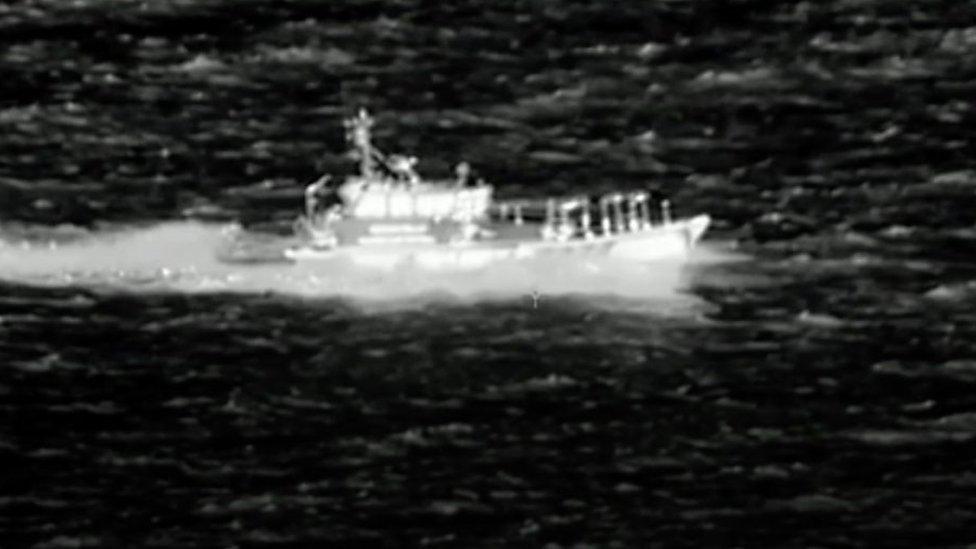
- Published6 July 2019
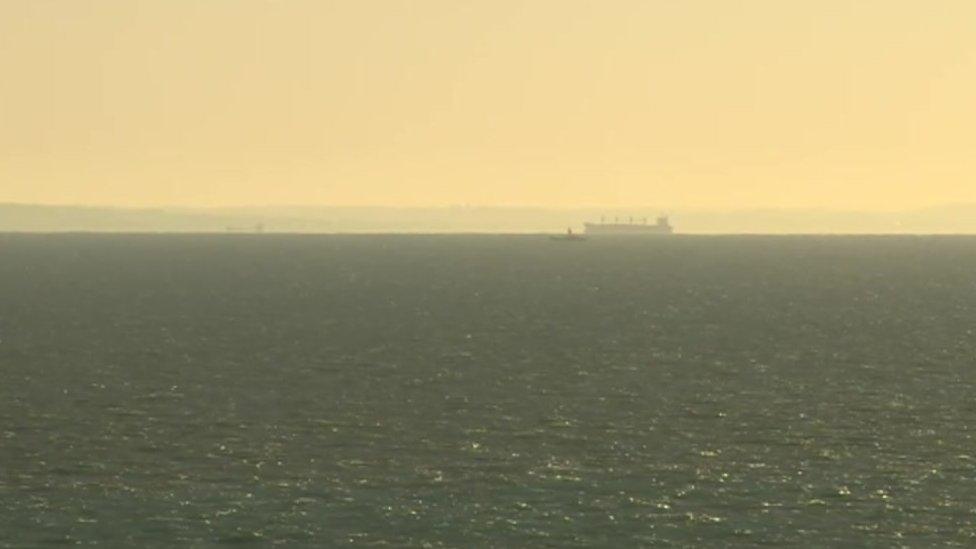
- Published5 July 2019
